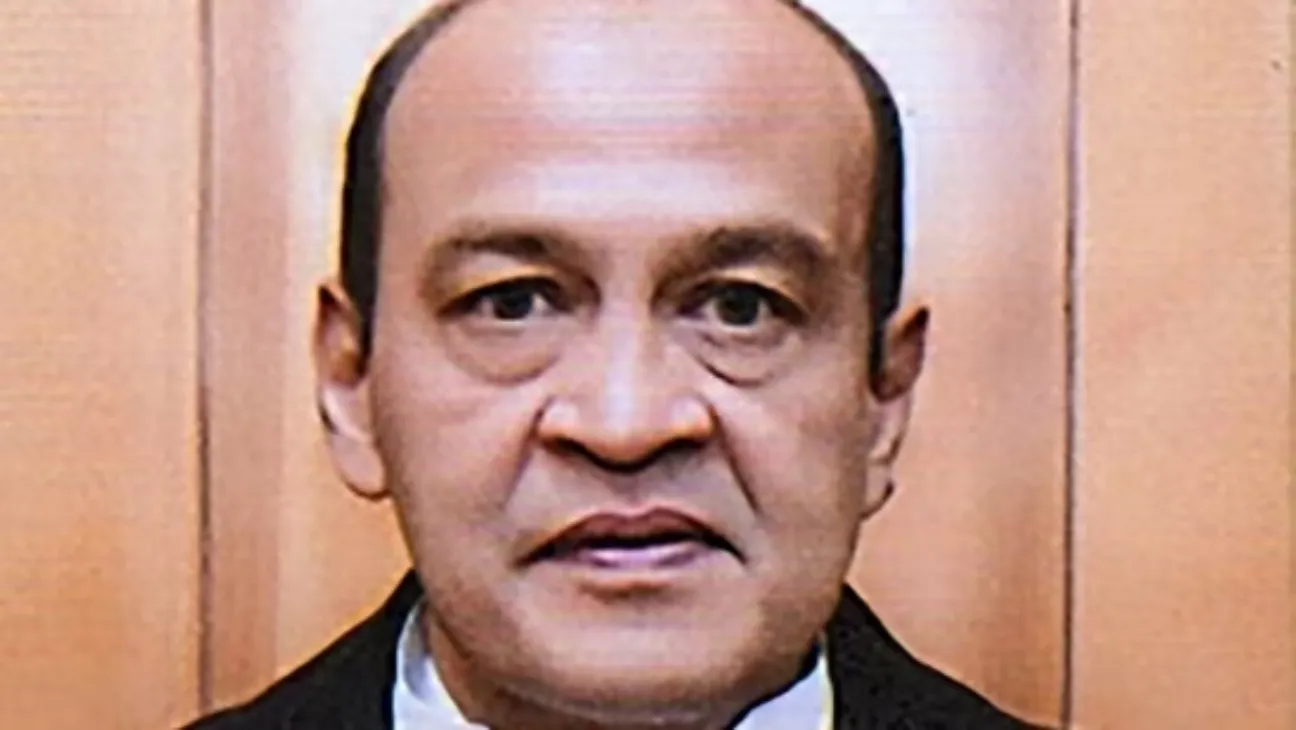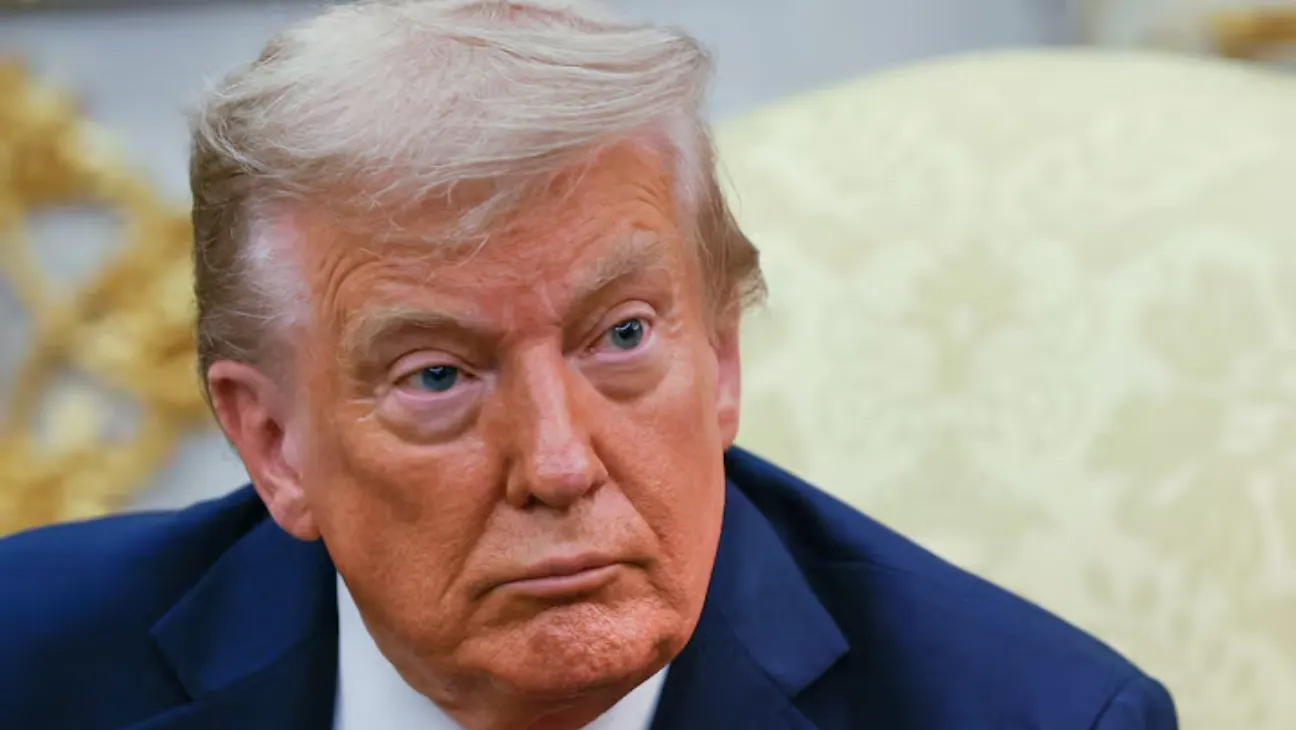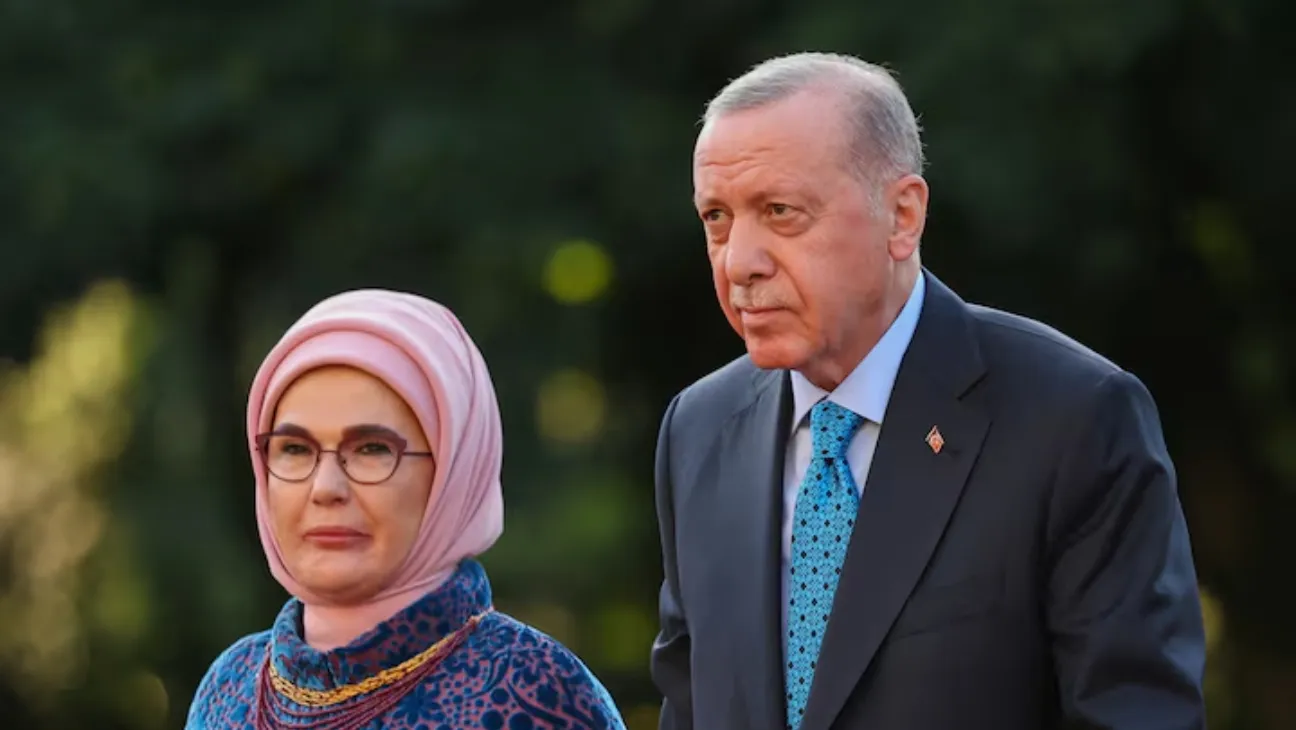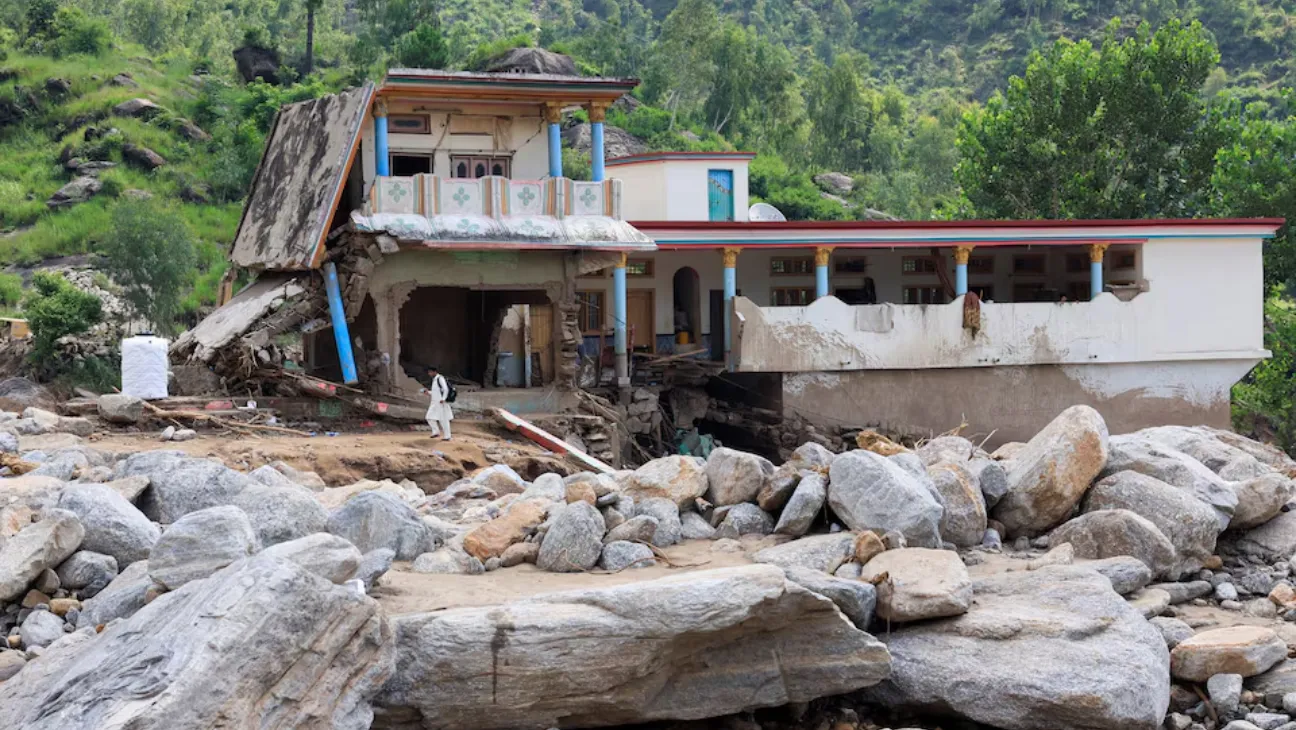Justice Yashwant Varma has moved the Supreme Court, seeking to set aside an internal inquiry report that linked him to burnt currency found at his official residence earlier this year. The move comes just days before Parliament is expected to begin proceedings to impeach the judge during its upcoming monsoon session.
In his writ petition, Justice Varma questioned both the process and the conclusions of the three-member panel set up in March. He described the inquiry as rushed and unfair, arguing that it violated his rights as a constitutional functionary.
The panel’s May 3 report cited “strong inferential evidence” pointing to Justice Varma’s “covert or active control” over the cash, though it acknowledged there was no direct proof of his involvement. The report concluded that his conduct warranted impeachment for serious judicial misconduct.
On May 8, the then Chief Justice of India Sanjiv Khanna recommended that Parliament initiate impeachment proceedings. Justice Varma has challenged that recommendation in court, calling the report it was based on “unsustainable.”
According to people familiar with the matter, the judge claimed the committee did not give him a full and fair chance to defend himself. He also said the panel failed to properly verify key facts about the cash allegedly discovered by firefighters on March 14, when a fire broke out at an outhouse of his Delhi residence.
While admitting that some burnt currency may have been found, Justice Varma maintained that ownership and authenticity were never firmly established. His petition said the inquiry process was driven more by timelines than fairness.
The inquiry panel was set up by then CJI Khanna and included Justice Sheel Nagu, Justice GS Sandhawalia, and Justice Anu Sivaraman. Varma alleged the burden of proof had been wrongly reversed, forcing him to disprove accusations rather than requiring the committee to establish them.
He had previously refused to resign or take voluntary retirement, rejecting what he called a “fundamentally unjust” process in a letter dated May 6.
In its report, the committee said the discovery of charred cash in a storeroom associated with the judge was enough to expect an explanation. Varma’s flat denial and claim of conspiracy were, in the panel’s view, insufficient. They argued that even if someone else had stored the money, it damaged the public trust attached to a high judicial office.
The controversy has since entered the political arena. Parliamentary Affairs Minister Kiren Rijiju said the government had begun consulting opposition parties to support an impeachment motion, which could be introduced by Law Minister Arjun Ram Meghwal.
Vice President and Rajya Sabha Chairman Jagdeep Dhankhar has questioned the constitutional standing of the in-house process itself. Speaking at an event in May, he described it as “inconsequential,” suggesting a criminal investigation would be more appropriate.
Meanwhile, some members of the opposition INDIA bloc are revisiting their push to impeach another judge, Justice Shekhar Kumar Yadav of the Allahabad High Court. Back in December, 55 MPs submitted a notice over a controversial speech Justice Yadav gave at a VHP event. That effort stalled after the Rajya Sabha secretariat asserted it had sole jurisdiction. There has been no further movement since.
A potential showdown is brewing between the Supreme Court and Parliament, and the fuse is the upcoming monsoon session on July 21. Justice Varma’s petition hasn’t even been listed for a hearing yet.
Whether the court steps in before then will define the battle lines for this case, dramatically altering how it’s fought both in public and behind closed doors.









